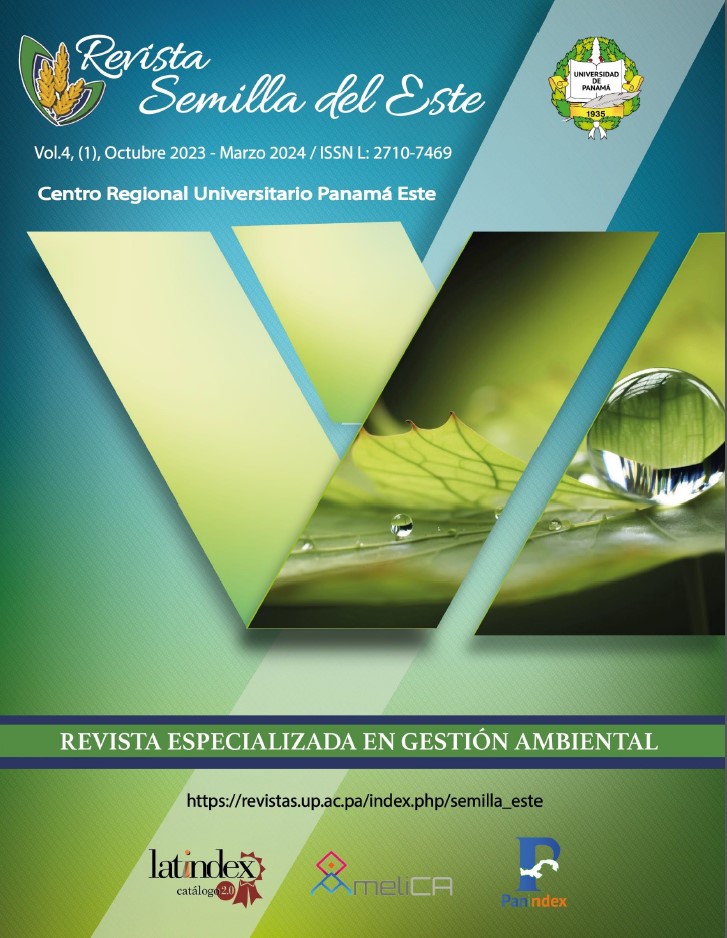


This work is licensed under a Creative Commons Attribution-NonCommercial-ShareAlike 4.0 International License.
The present research was carried out with the objective to analyze the project "Sustainable feeding alternatives in livestock and sanitary management of pets in times of the COVID 19 pandemic", executed during the pandemic in the Veterinary Medicine Career, from September 2020 to February 2022. The modality was online from the students' residence address with people from their family environment. The method used was observation and analysis. The materials were: Final report of the execution of the project, general report of the project executed by the technical professor and closure of the project. To measure the degree of satisfaction of the beneficiaries of the project, a survey was carried out with five evaluation criteria at the end of each academic period during its execution. The main workshops were: feeding alternatives with agricultural products and by-products for livestock, preparation of silage, mineralized blocks, pet care and health and reproductive control in dogs and cats. 87 training workshops were carried out with the community and 29 students out of 95 and 145 beneficiaries out of 475 participated. In the workshops on basic guidelines for the care and education of dogs and cats, vaccination plans and control of internal and external parasites of pets and reproductive control to avoid public health problems. 198 workshops were held, 66 students and 330 beneficiaries participated. In the satisfaction survey, the excellent and very good assessment criteria were higher in relation to the good, fair and poor.